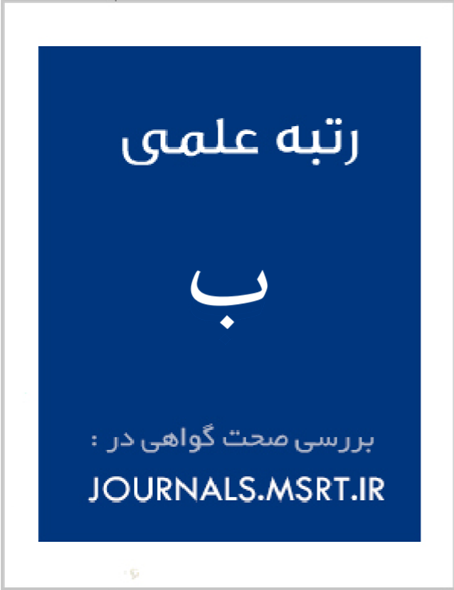Identifying the Components of Moral Responsibility in Confronting Modern Science from the Perspective of Islamic Philosophy
Keywords:
Islamic philosophy, moral responsibility, modern science, ethics of science, practical reason, Muslim scientistAbstract
The aim of this study is to identify the components of moral responsibility in confronting modern science from the perspective of Islamic philosophy. This qualitative study employed a thematic analysis approach. Data were collected through semi-structured interviews with 24 experts in Islamic philosophy, ethics, and science. Participants were purposefully selected from scholars residing in Tehran. Interviews continued until theoretical saturation was reached. Data were transcribed and analyzed using NVivo software. The findings revealed three main themes: "philosophical foundations of moral responsibility," "ethical imperatives in confronting modern science," and "the moral lifestyle of the Muslim scientist." Subthemes such as the role of practical reason, will and agency, science-spirituality integration, social responsibility, global scientific ethics, and public accountability were identified. The results indicate that moral responsibility in Islamic philosophy is grounded in rational, existential, and spiritual dimensions. This study demonstrates that Islamic philosophy, rooted in both reason and revelation, provides a rich and indigenous framework for the ethical analysis of modern science. The identified components can be utilized in developing ethical science policies, academic training, and institutional frameworks. Moreover, the findings offer practical insights into fostering an ethically responsible lifestyle among Muslim scientists.
Downloads
Downloads
Published
Submitted
Revised
Accepted
Issue
Section
License

This work is licensed under a Creative Commons Attribution-NonCommercial 4.0 International License.


